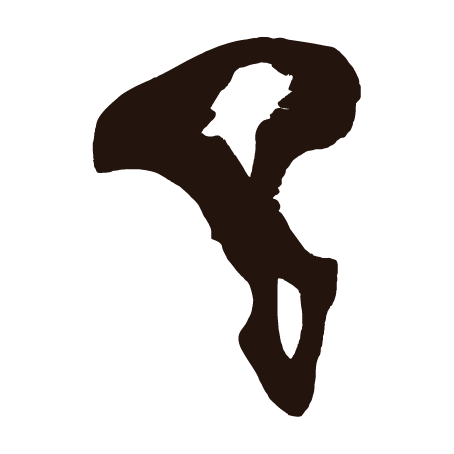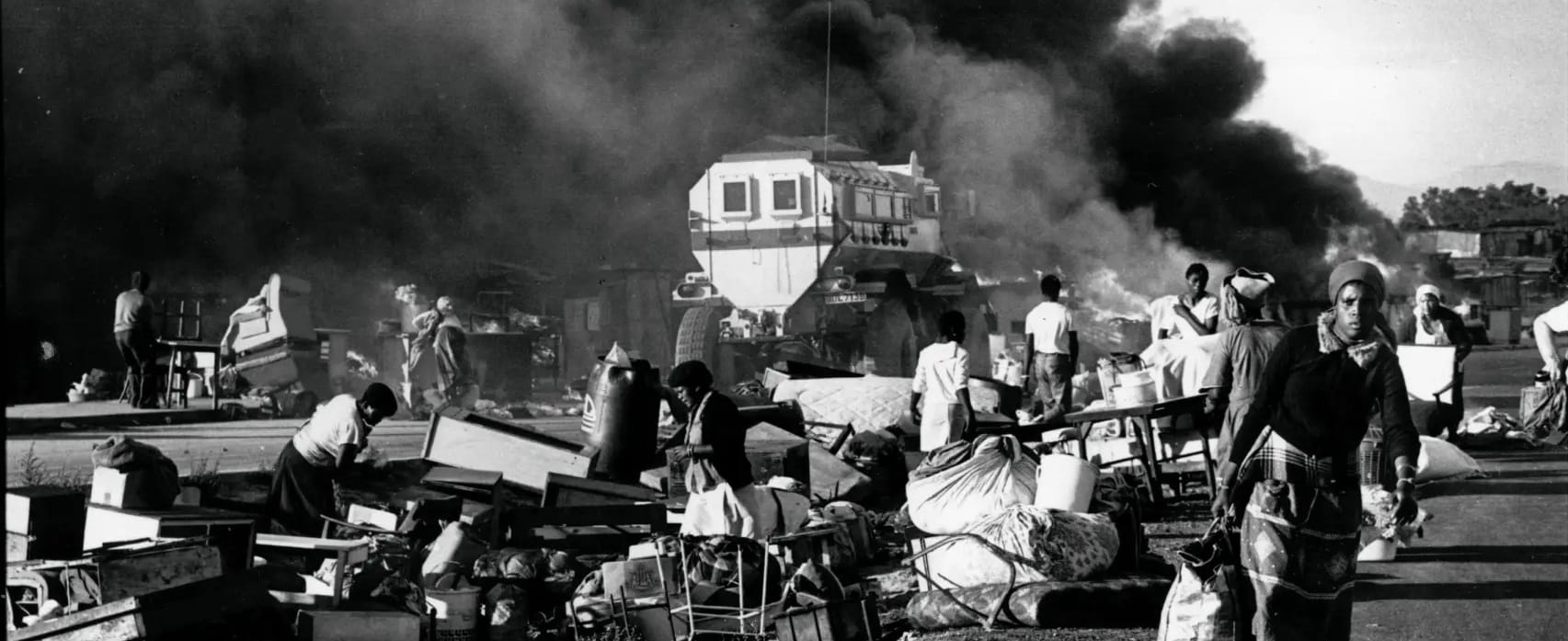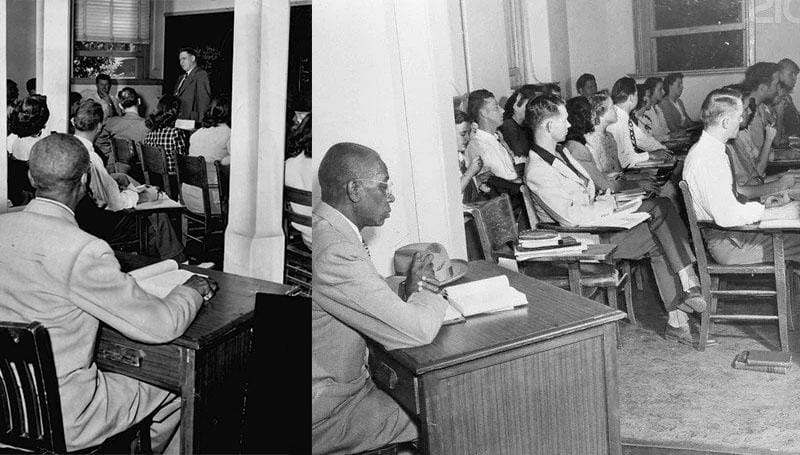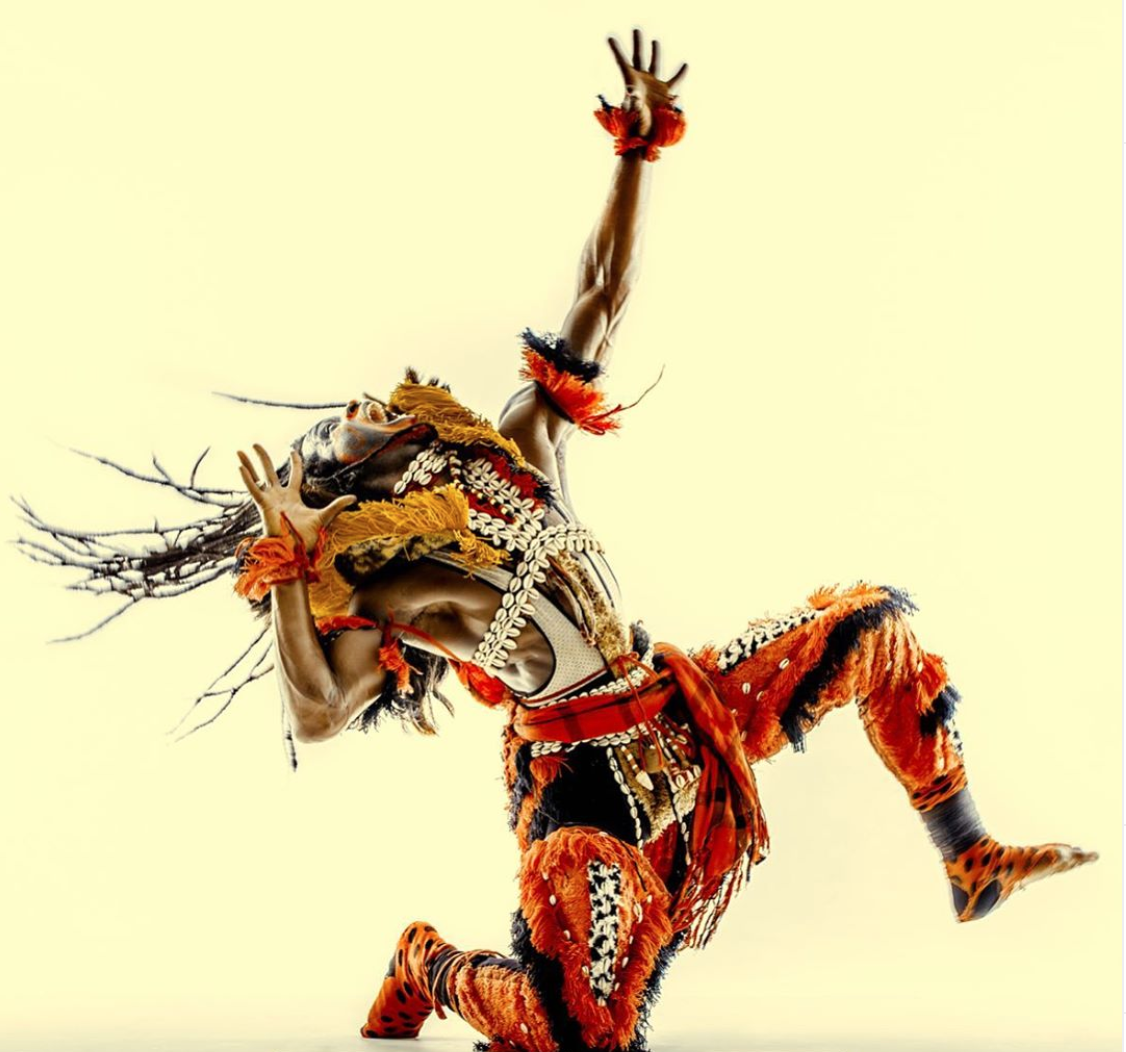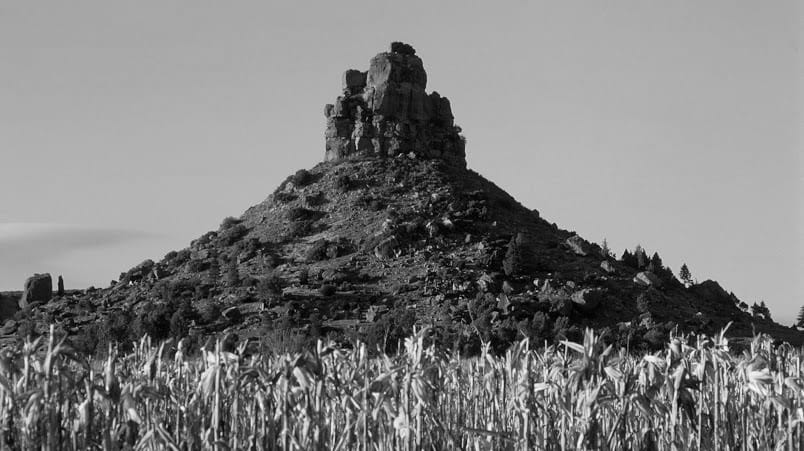This is part of the Transcription of the 13TH Steve Biko Annual Memorial Lecture delivered By Professor Ben Okri at UCT on 12 September 2012:
When a people overcome the impossible, they achieve eventually a kind of evolutionary shift and epistemological break. They realize, eventually, deep in their souls something powerful about their will: they are never quite the same people again. They change subtly something in their DNA. They also experience a state of unreality.
History is like a nightmare we wake up from after a struggle and blink in stupefaction at the strangeness of daylight. With awakening a great energy is freed; a new question is posed: the nightmare is over but what do we do with the day? We do not have enough psychologists of history. Everyone seems to treat history as if our reaction to it should be logical. The people have emerged from a mutual nightmare, what should they do upon awakening? What should anyone do after a long trauma? What can anyone do?
Nations too, like individuals, need to heal. And healing takes several forms. For some, healing is probing the wounds, seeking causes, pursuing redress. For others, healing is dreaming, it is an active vision during which time a future is dreamed of, shaped and put into place. For them healing is an opportunity to transform themselves out of all that suffering, all that trauma, and the heroic effort of all that overcoming. The unfortunate thing about history is that it gives us no rest, no holidays. There are no pauses; we go from struggle to struggle. The struggle to overcome and then the struggle to live, to grow, to realise the potential seeded in our bones. We go from tearing down the unacceptable to building the desirable without much of a break in the dance.
But how long does this magic period last, the period of raised consciousness when a people realise that the surging through them of all the best energies of the human spirit? When they have effected a profound change in their destiny and feel the euphoria of overcoming? How long does it last, this sense of having climbed a mountain-top against all the odds and gazing back down over the journey accomplished and feeling for a long historical moment the sense that with the will power and the vision clear, anything is possible?
Historical exaltation is too short. Life comes rushing in. No one can dwell on a mountain-top long; the air there is too pure and unreal. The value of mountain-tops is not to live on them but to see from them. To see into the magic and difficult distances, to see something of the great journey still ahead; to see, in short, the seven mountains that are hidden when we climb. It may be only once that a people have such a vision. Maybe very, very great nations have such a vision a few times, and each time they do they affect a profound renewal in their history and take a quantum leap in their development.
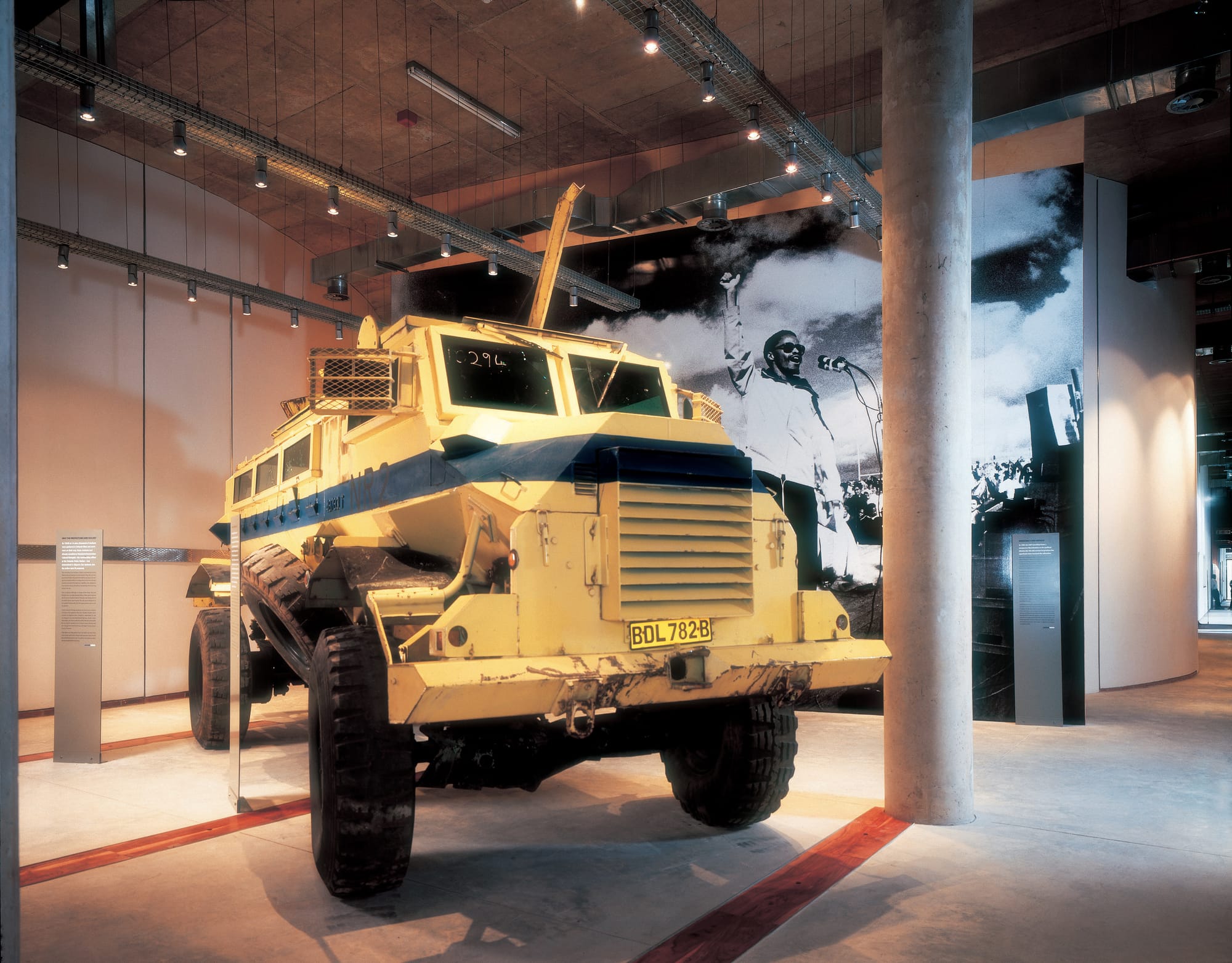
Most nations never glimpse the mountain-top at all; never sense the vastness and the greatness of the gritty glory that lies ahead of them in the seven mountains each concealed behind the other. Maybe Ancient Greece saw such a vision a few times and dreamed up its notion of a flawed democracy and left its lasting legacy in its architecture, its literature, but above all in its political structure for unleashing its genius upon the world. Maybe Ancient Rome saw such a vision a few times too and built straight roads through history, wresting with the idea of freedom and tyranny and conquered a sizeable portion of the known world, and left for us their ambiguous legacy of empire, literature and might.
But it is not often that a people reach a mountain-top and descend with a rich vision of a transformed life for all of its people and then set about realising it. Too often the euphoria gets swept away into an ideology of state. Too often it is squandered. Too often that great moment is lost and never to be experienced again and eventually forgotten in the mountainous pilling up day after day after day after day of ordinary reality; the mire of history, till disillusion and despair and boredom set in. And a people who could have given mankind a new reality of how a society can be in a world where so many good dreams are failing, becomes a society that scrabbles in the sand, its eyes weep in poverty with division and tribal conflict at its heart and emptiness in its days, its resources and hopes eaten away by corruption - a society that faces into the darkness and the dullness with that glimpse of the mountain-top faded into ordinary sunlight.
We invest great hopes in people who manage a great overcoming. Maybe because of a certain nostalgia for our lost moment when we too could have been a light to the world, or maybe for a nostalgia for what can be the hope that we too can affect our own modest daily overcoming against destiny. We like to believe that those who suffered can show us the true meaning of that suffering, which is the point anyway for humanity to be. There is no greater value to suffering than in having the authority to create a better, fairer, truer and more beautiful life for its people. There are those who think that suffering brutalises and dehumanises and turns men and women into animals. There are those who see in Africa's troubles, nothing but what they unintelligibly call 'African nihilism'. There are, to be sure, many cracks and fissures in the human spirit and unimaginable horrors have been unleashed in Europe and Asia and America; history shows no one to have completely pure hands. But those who have had injustice perpetrated on them, who have suffered unbelievable variations of humiliation and brutality, ought to have a special light and vision on the nature of justice. This will be true of course but for what Hamlet calls "bad dreams". Hence the necessity of that unique kind of feeling.
Personally, I favour healing as dreaming. A society comes through fire a nightmare and it ought to heal through dreaming; not a dream of sleep but the dream of vision. In some ways unreality is easier than reality. And the reality of freedom demands more consistency, vision, courage and practical love than was suspected in the unreality of injustice. And what defines a society is not how it overcomes its night but what it does with the long ever-after days of sunlight. Some will say that re-emerged from the night with our hands tied and that the sunlight still has a lot of night in it and that the terms of our freedom and the context of our independence put led weights on our feet in a field where others have been running with free feet and machine-assisted feet for hundreds of years before we entered the strange game.
Some will even say that at every stage of our emergence into sunlight we were hassled, sabotaged, undermined and the terms of our participation fixed and limited - and that we are being judged in a game in which the terms and conditions are twisted and lopsided in ways so subtle that no one notices how they've done our participation before we begin. Some will say many such things - how we play not our game but the game of others, and how our leaders are confused and our participants corrupted, and the people cheated and betrayed and left behind in hunger and poverty in the long after-years of sunlight.
These things may or may not be true. What is true is that no one will hand us the destiny that we want. No one will carry us to the future that our bones and our history crave for. We must do it ourselves. It seems that the courage and the ingenuity, and the toughness required for getting us out of the night are indeed required much, much more for the ever-after day of the long after-years of sunlight. Freedom was just the overture. Indeed, freedom may just turn out to be a very small part of the true story of a people. The real story begins with what they did with that freedom.
Can we make something worthwhile of our freedom? Can we be fruitful and workable nations? Can we create a good life for our people? But more crucially, can we make sustained and important contributions to the world and help in our own way to take forward human civilisation?
